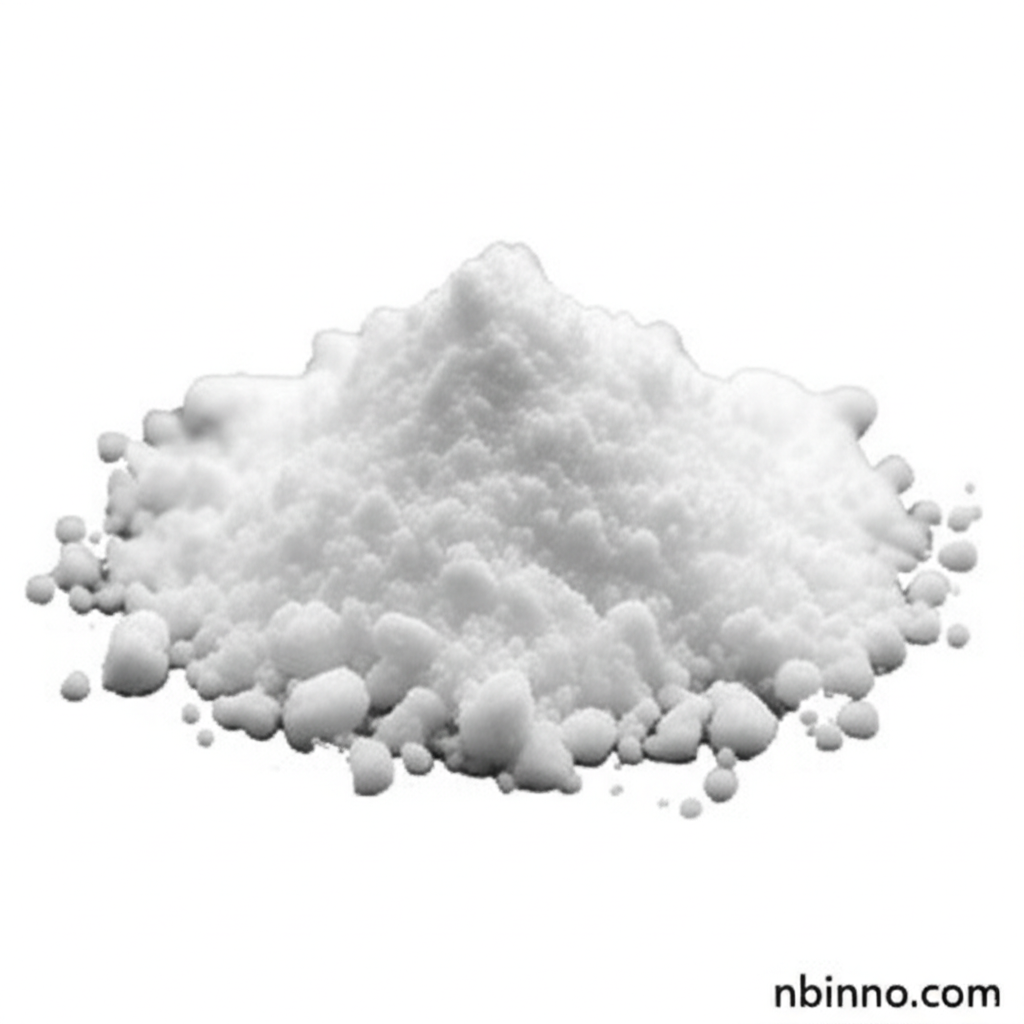Teicoplanin: A Potent Glycopeptide Antibiotic for Severe Gram-Positive Bacterial Infections
Discover the mechanism, applications, and efficacy of Teicoplanin in combating serious bacterial infections.
Get a Quote & SampleProduct Core Value

Teicoplanin
Teicoplanin is a critical glycopeptide antibiotic essential for treating severe infections caused by Gram-positive bacteria. Its unique mechanism of action targets bacterial cell wall synthesis, making it a vital therapeutic agent against resistant strains like MRSA.
- Understanding the glycopeptide antibiotic mechanism of action is key to appreciating Teicoplanin's efficacy in disrupting bacterial integrity.
- Explore the effectiveness of teicoplanin for MRSA infections, a significant advantage in treating resistant bacterial pathogens.
- Learn about teicoplanin pharmacokinetic properties, including its long half-life and elimination pathways, which influence dosing strategies.
- As an antibiotic cell wall synthesis inhibitor, Teicoplanin plays a crucial role in modern anti-infective therapy.
Key Advantages of Teicoplanin
Broad-Spectrum Gram-Positive Activity
Teicoplanin demonstrates significant efficacy against a wide range of Gram-positive bacteria, including challenging strains like Methicillin-Resistant Staphylococcus aureus (MRSA).
Alternative to Vancomycin
It serves as a valuable teicoplanin alternative to vancomycin, offering treatment options for patients with sensitivities or resistance to vancomycin.
Convenient Dosing Regimen
The favorable teicoplanin pharmacokinetic properties, characterized by a long half-life, often allow for less frequent dosing, improving patient compliance.
Key Applications
Severe Bacterial Infections
Teicoplanin is primarily used for the treatment of serious infections caused by susceptible Gram-positive bacteria, such as endocarditis, sepsis, and skin and soft tissue infections.
Antiviral Research
Emerging research suggests potential teicoplanin antiviral activity, particularly against viruses like SARS-CoV-2 by inhibiting host cell proteases.
Pharmaceutical Intermediates
As a complex molecule, Teicoplanin and its related compounds are of interest in the field of pharmaceutical chemical intermediates for drug discovery.
Clinical Pharmacology Studies
The study of teicoplanin pharmacokinetic properties contributes significantly to the field of clinical pharmacology, optimizing antibiotic use.
